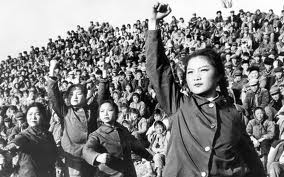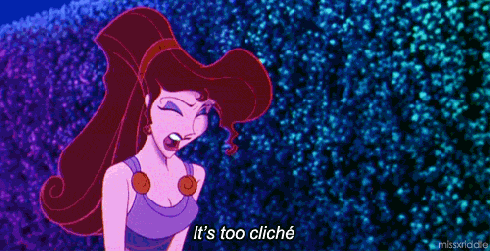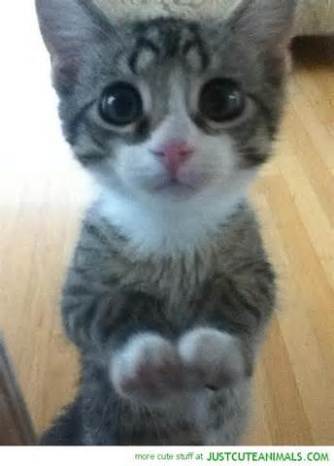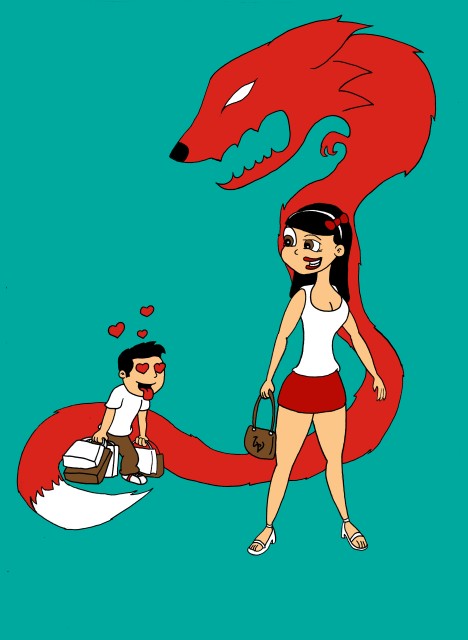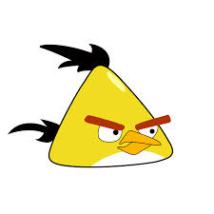After an extended period of silence, the A Little Bit Apparel (ALBA) blog is finally back! This time the blog is in the able hands of our cartoonist Vali!
ALBA is in the middle of a crowd funding campaign!
Any other reference just wouldn’t be epic enough.
While our crowd funding platform is hosted in China, foreigners outside of China can still donate through our website at www.alittlebitapparel.com.
Shameless plugs out of the way; what I really want to talk about in this post is character creation. Since the creation of Mort about a year and a half ago, his story has slowly begun to unfold. He’s a workaholic Grim Reaper that gets assigned to China in order to figure out where the efficiency gaps are and get the China branch running properly. That was comic book one. In preparation for drawing comic book two, I’ve had to come up with a litany of supporting characters for Mort to interact with. Most of them came without effort. I knew what aspects of Chinese society I needed to represent and what characters from traditional folklore would be best suited to the task.
There’s the self-centered lazy boss Yan Wang:
Then there’s Hei Bai Wuchang (just call them Black and White); two lazy, mean-spirited, and mildly sycophantic Reapers that serve as Mort’s primary antagonists:
Zao, a slovenly Kitchen God and Mort’s flat-mate, serves as a foil to Mort’s obsession with order and cleanliness.
Bella is a vibrant Fox Fairy that embraces life, learning, and all things fun. Very few people in China are like this so I wanted to create a character that I thought could serve as a positive (female) role model:
The script for the second comic book calls for Mort to have a love interest. Her name is Chang Lele(常乐乐), which roughly translates to “Frequent Happiness”. Most of the other character designs came quite readily, but the design for Lele had been vexing me for almost half a year. The problem being that Lele is deliberately a boring character. Like many young Chinese her life has been controlled by the whims of her parents. In the case of Lele this control has been complete.
Chinese life goes a little bit like this.
As a result Lele isn’t “lele” at all. That will change in the course of the book, but for the time I was faced with the challenge of drawing a somewhat pretty, but otherwise boring and defeated character that looks like she belongs in Mort’s world. This is not as easy as it sounds. So how does one go about it?
First thing I had to do was consider the design elements:
-Boring
-Defeated
-Somewhat pretty
-Typical Chinese
-Looks natural next to the other characters
My first attempts didn’t go all that well. They were either too pretty, too vibrant, or looked unnatural when placed next to Mort. Here’s my first attempt:
This one was wrong on so many levels. I modeled on a friend of mine and she came out too pretty, too smart, and too vibrant. Our little guy is cute, but this girl is just out of Mort’s league. For the next attempt, I tried to make a more typically Chinese woman:
A little better this time, but too mature, and still to vibrant by far. I tried to mirror Mort a little bit in her colour scheme, but it still didn’t feel right. After a few months of grueling preparations for our crowd funding campaign, (www.alittlebitapparel.com *ahem*) I finally got to sit back down and really think about Miss Chang. I went out to a busy mall coffee shop and began to observe the female patrons. In a professional manner, mind you. I paid attention to hair styles, facial structures, eyebrows, and expressions. You can see my sketch sheet below:
You can see in the top right that once again I’ve listed my design points. The first few on the top row were done with a similar approach that Disney uses to design their female leads. It became readily apparent that these characters wouldn’t work, the use of a circle as the base design makes them potential once again to be too vibrant. I began to play with the geometry of the head in the second row, keeping to rounded shapes. You can see that I got very excited with the second character from the left on the bottom row. The design notes beside her will clue you in to where this is going. She’s still too intelligent looking, but now she looks jaded and she’s not too pretty. Instead of relying on colour to connect her to Mort, I went ahead and added a few minor shapes that allude to our bony little protagonist. The peak in her hair part isn’t too dissimilar to the peak at the front part of Mort’s hood. I also stumbled upon a great little design element with this sketch: straight lines. As a cartoonist I love dynamic characters. Reciprocal curves are eye candy that I distribute liberally. Obvious as it may seem, this sketch reminded me that straight lines are boring. I would employ this idea into the final sketch:
You might notice that I’ve added a couple more of Mort’s design characteristics in this sketch. Her trousers bunch up over her feet, much like Mort’s robe does. The extremities of her clothing flare out into angular shapes, which is also reminiscent of Mort. These elements become more obvious when you add a splash of paint and put the two together.
Just look at the happy couple.
With Chang Lele finally out of the way, I can now set to work on Mort Comic Book 2!

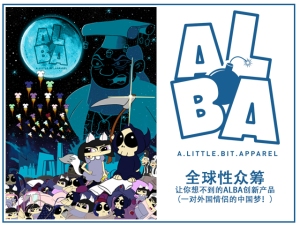
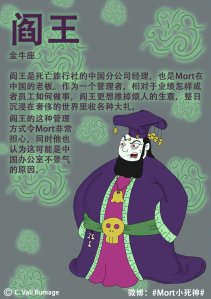
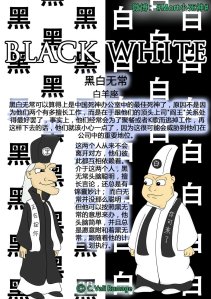
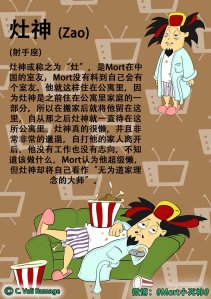
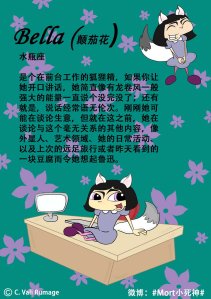




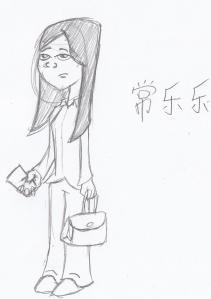



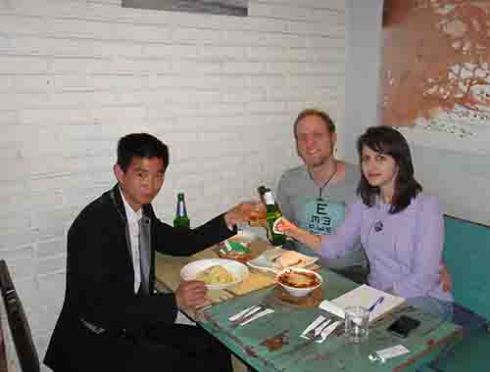








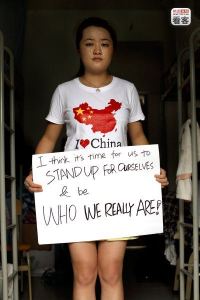

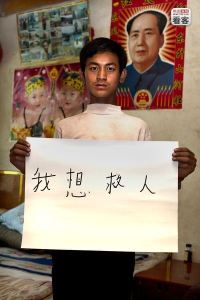


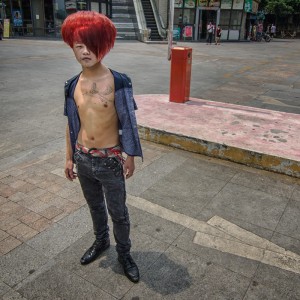
![pekin opera [1280x768]](https://alittlebitapparel.files.wordpress.com/2014/04/pekin-opera-1280x7681.jpg?w=300&h=203)
